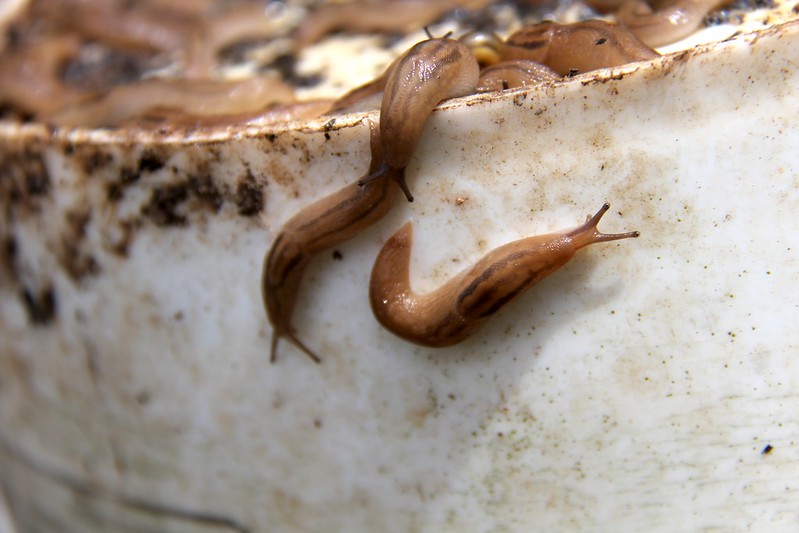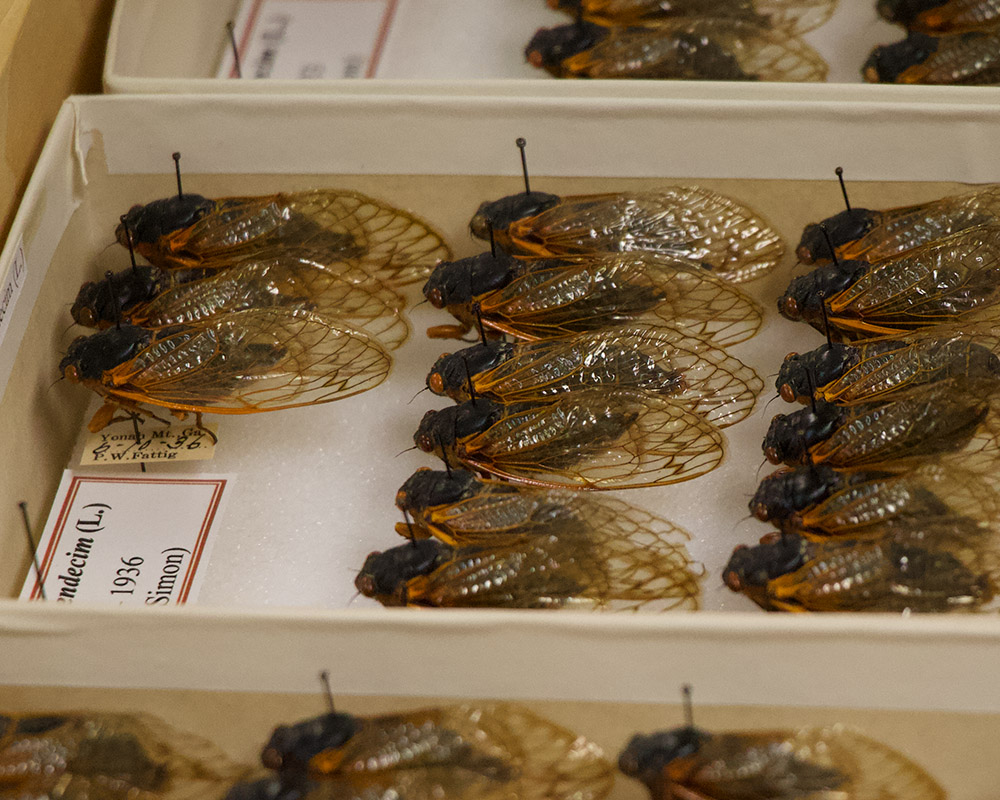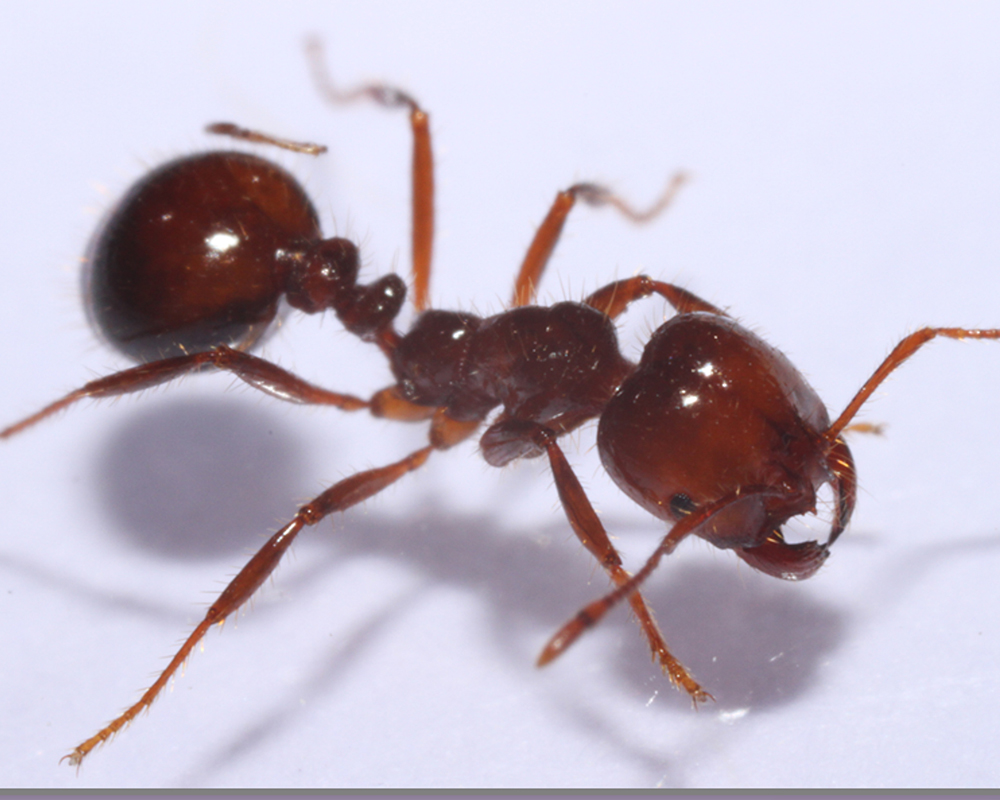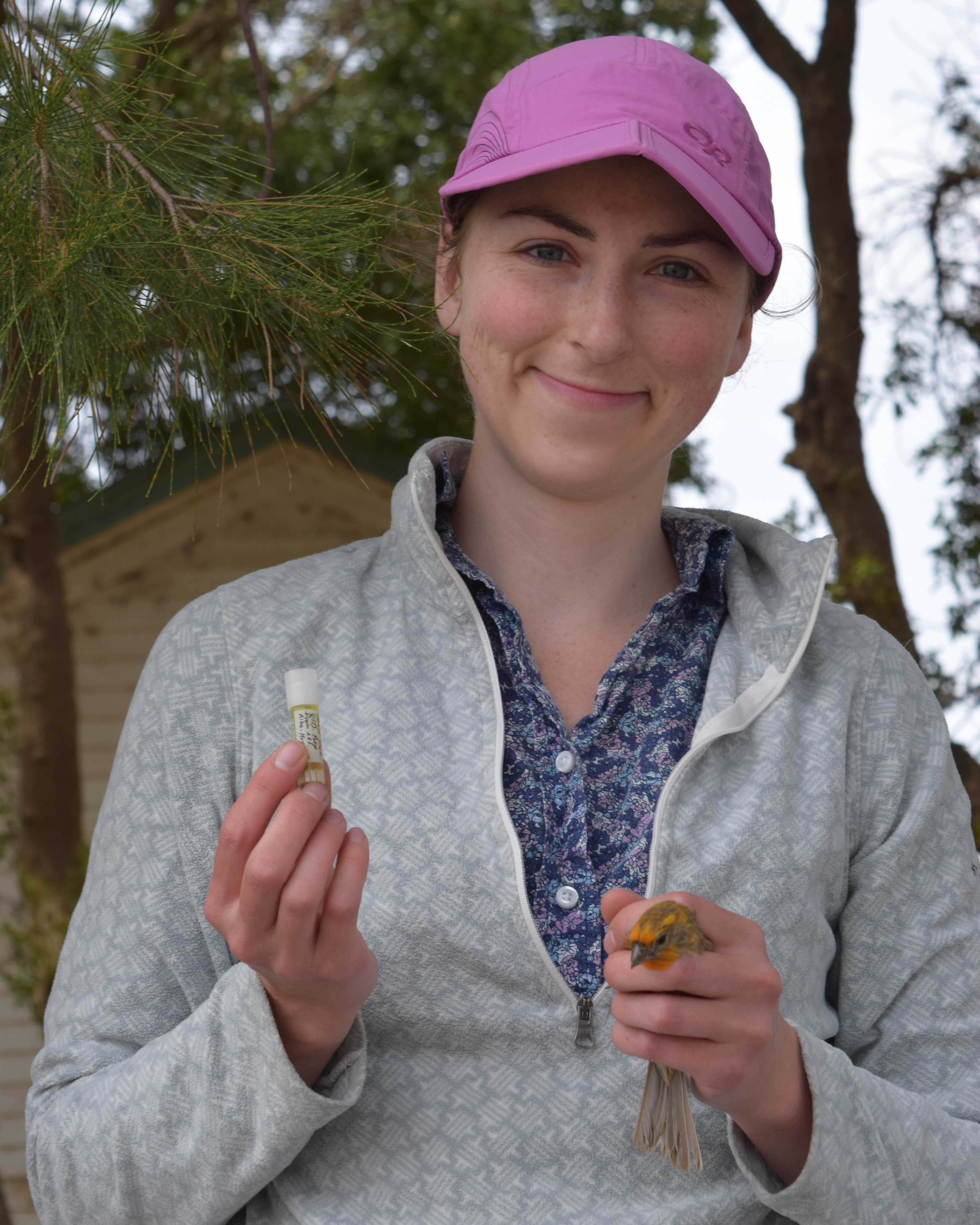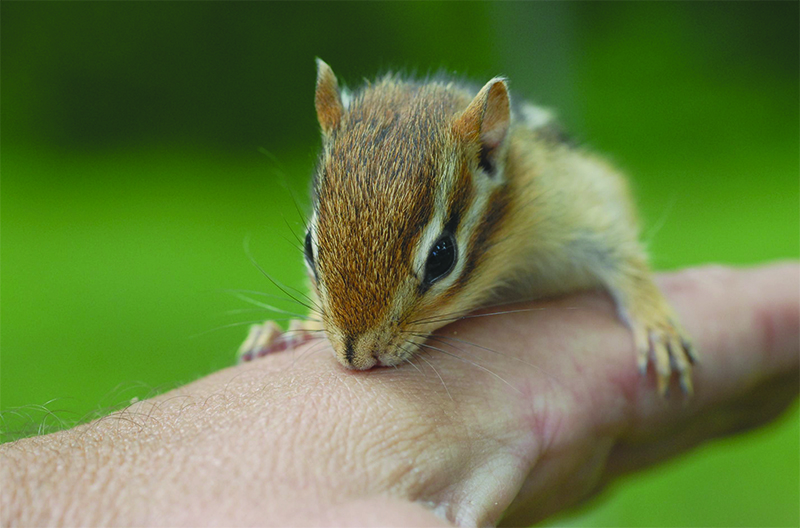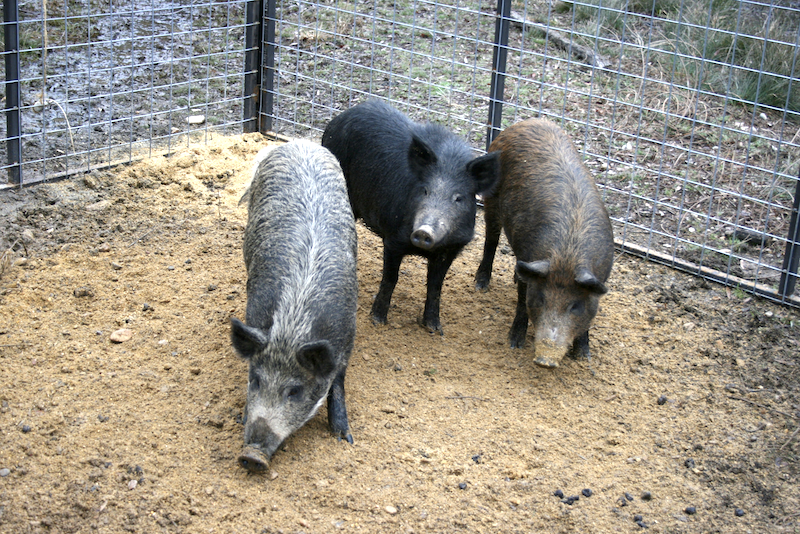.jpg) CAES News
CAES News
Mosquito Season Prep
As January transitions to February, few of us are thinking about mosquitoes and the multitude of problems they can cause when spring arrives. But with January rain totals well above normal across the Southeast, it is a good time to take inventory of where standing water is holding and what can be done to eliminate it.

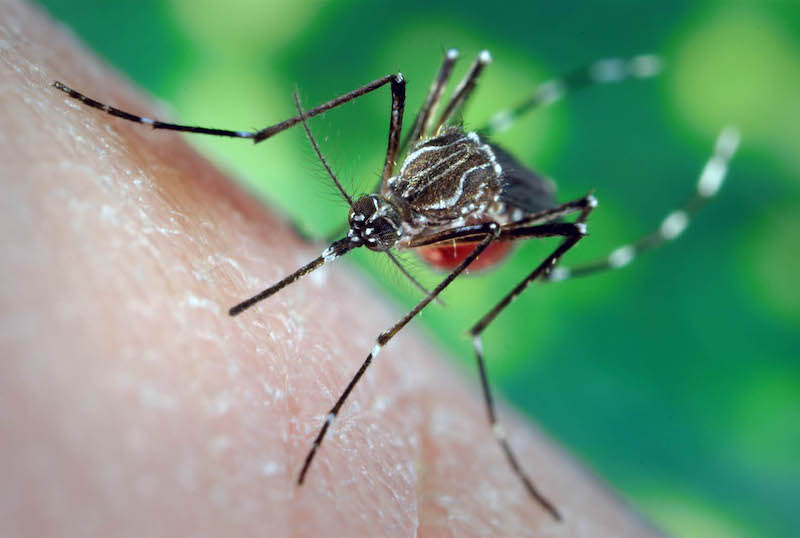
.jpg)

